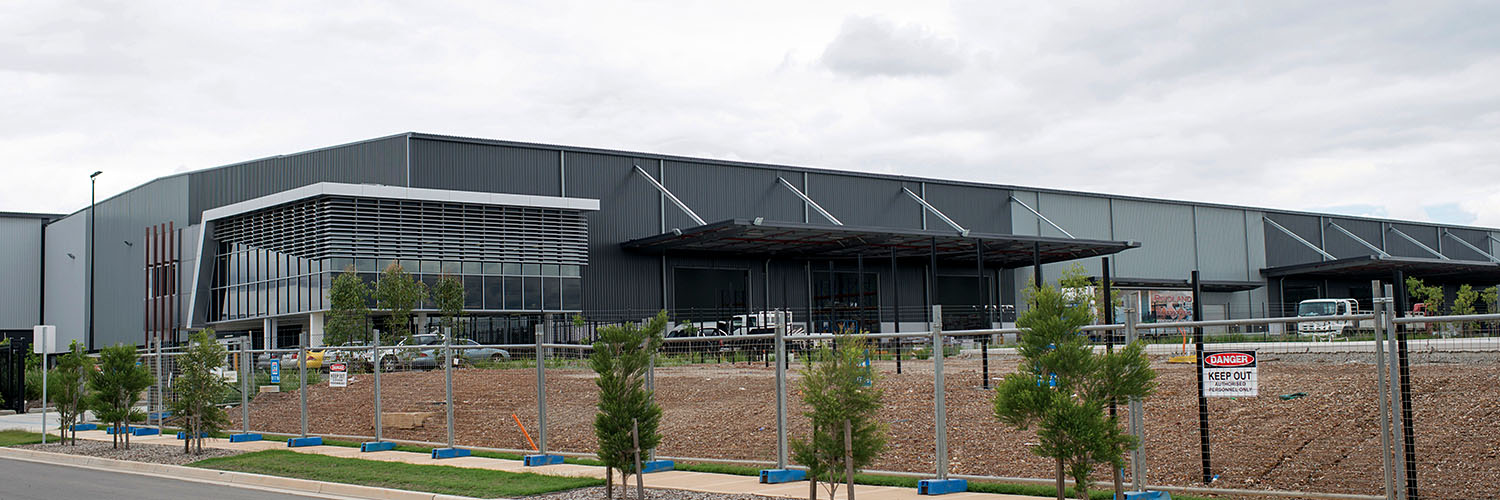In June 2021 the State and Regional Development SEPP was amended to temporarily allow more warehouses and data centres to be assessed as state significant development (SSD).
Following this change, a new definition for data centres was introduced into the Local Environmental Plan Standard Instrument, State Environmental Planning Policy (Planning Systems) 2021 and State Environmental Planning Policy (Transport and Infrastructure) 2021. It is considered a type of high-technology industry.
These changes provide clearer, more streamlined and more certain planning pathways for warehouses and data centres.
Why focus on warehouses and data centres?
Warehouses and data centres are well placed to support the state’s economic recovery from the COVID-19 pandemic.
The demand for data centres and warehouse development is growing due to rapid technology advancements and a boom in e-commerce sectors. This is coupled with a need for larger off-site data storage and a shift to keeping business locally within NSW.
Warehouses and data centres are quick to build and generate a high number of jobs that will help the state’s economic recovery.
What are the changes to SSD thresholds?
The criteria for identifying data centres as SSD has been changed, using capital investment value (CIV) rather than total power consumption. This new measure more accurately reflects a data centre’s scale, complexity and potential impact.
SSD thresholds have been temporarily changed for:
- data centres to 10 megawatts total power consumption (which roughly equates to a CIV of $40 million), then to 15 megawatts from 1 June 2023.
- warehouses to $30 million CIV, then to $50 million CIV from 1 June 2023.
Data centres planning framework
A new data centres land use term has been introduced to create certainty and consistency in characterisation, permissibility and approval pathways.
Previously, data centres were referred to in SEPPs as ‘storage premises used for storing data'. This caused inconsistency in how data centres were being characterised and assessed in development applications. The new term specifically defines data centres and identifies them as a type of high-technology industry.
Land use definition
The following land use term for data centres has been added to the Local Environmental Plan Standard Instrument:
data centre means a building or place the principal purpose of which is to collect, distribute, process or store electronic data using information technology.
The definition for ‘high-technology industry’, which is a type of ‘light industry’, has been amended to include data centres are a sub-type.
Permissibility
The transport and infrastructure SEPP states that data centres are permitted with consent in the following zones (or equivalent zones) across NSW:
- B5 Business Development
- B6 Enterprise Corridor
- B7 Business Park
- IN1 General Industrial
- IN2 Light Industrial
- IN3 Heavy Industrial
- E3 Productivity Support
- E4 General Industrial
- E5 Heavy Industrial
A local environmental plan may also make data centres permissible in zones other than those listed above. Data centres may be specified as permissible in the land use table, or they may be permissible because high-technology industry or light industry are permissible.
Planning approval pathways
The approval pathways for data centres are as follows:
- Data centres that have a total power consumption of more than 10 megawatts (or 15 megawatts from 1 June 2023) are SSD. SSD applications are lodged to the Department of Planning, Housing and Infrastructure and determined by the Independent Planning Commission or the minister.
- Data centres that do not meet the SSD criteria and have a CIV of more than $30 million are regionally significant development (RSD). RSD applications are lodged to councils and determined by a Sydney district or regional planning panel.
- Data centres that do not meet the criteria for RSD or SSD are local development. Local development applications are lodged to and determined by councils.
For more information, email [email protected]
